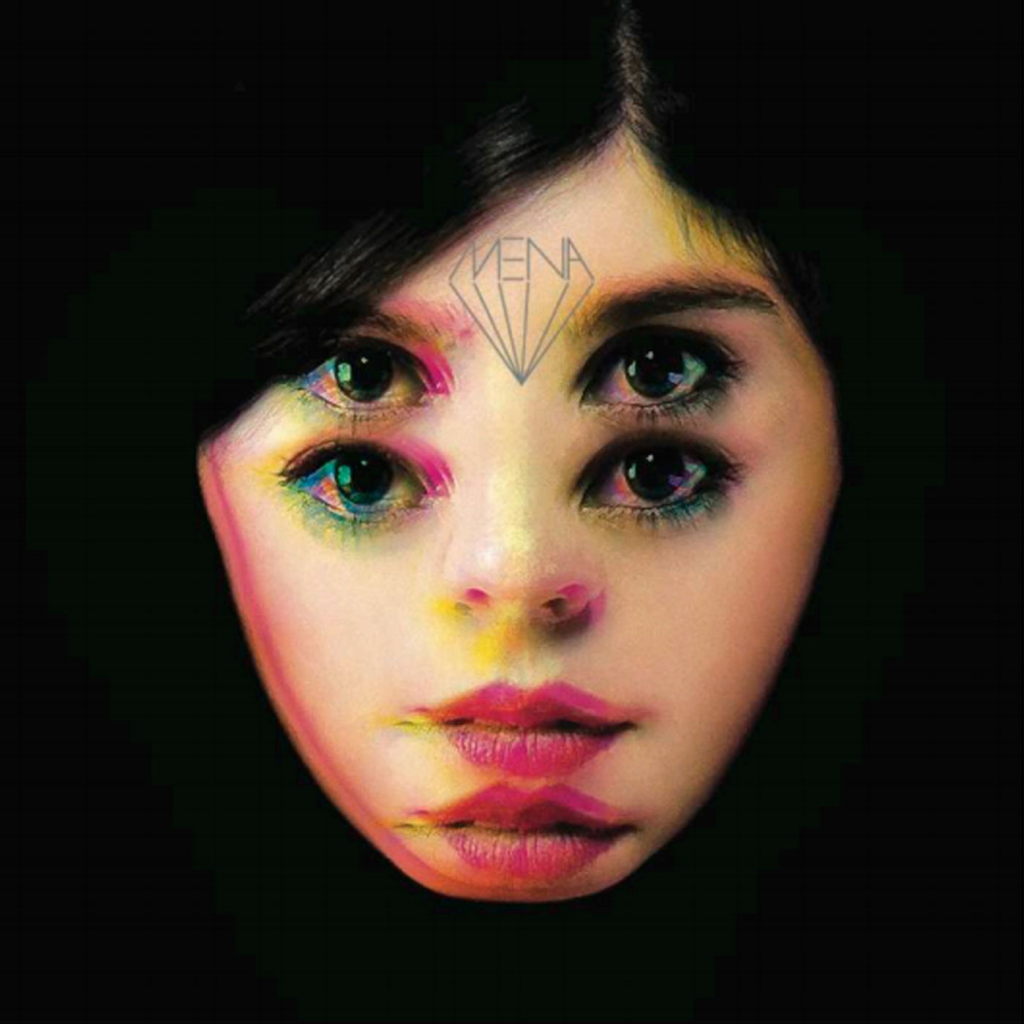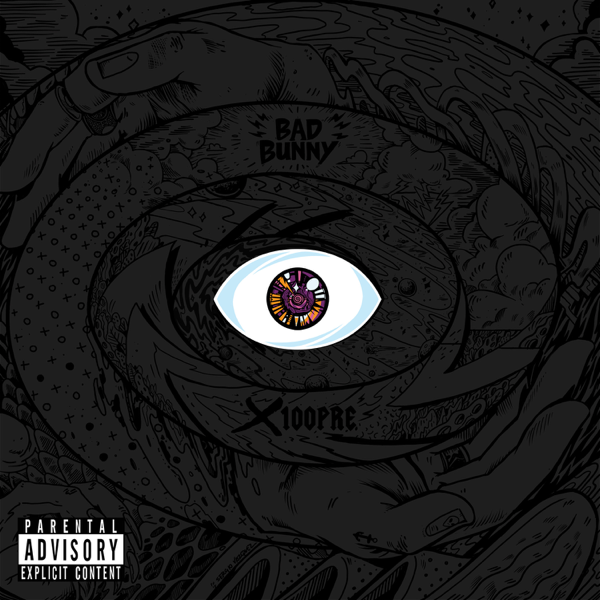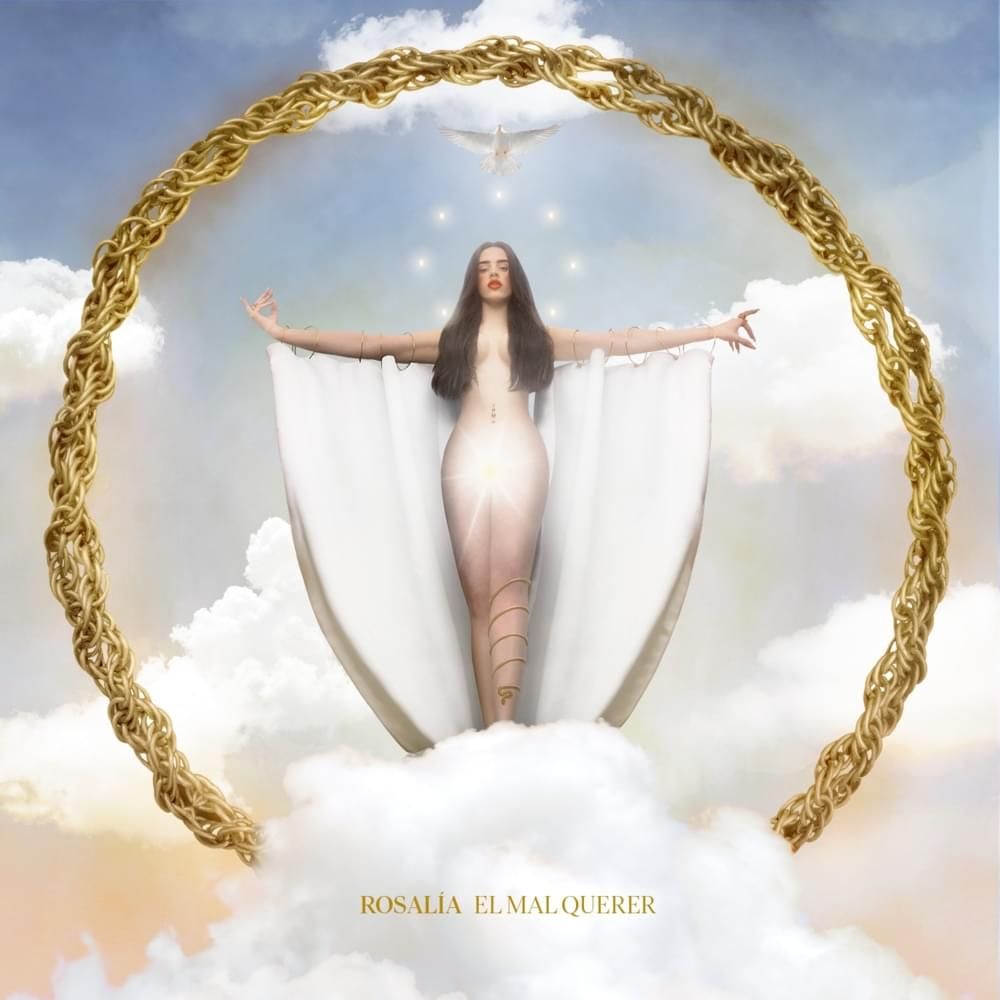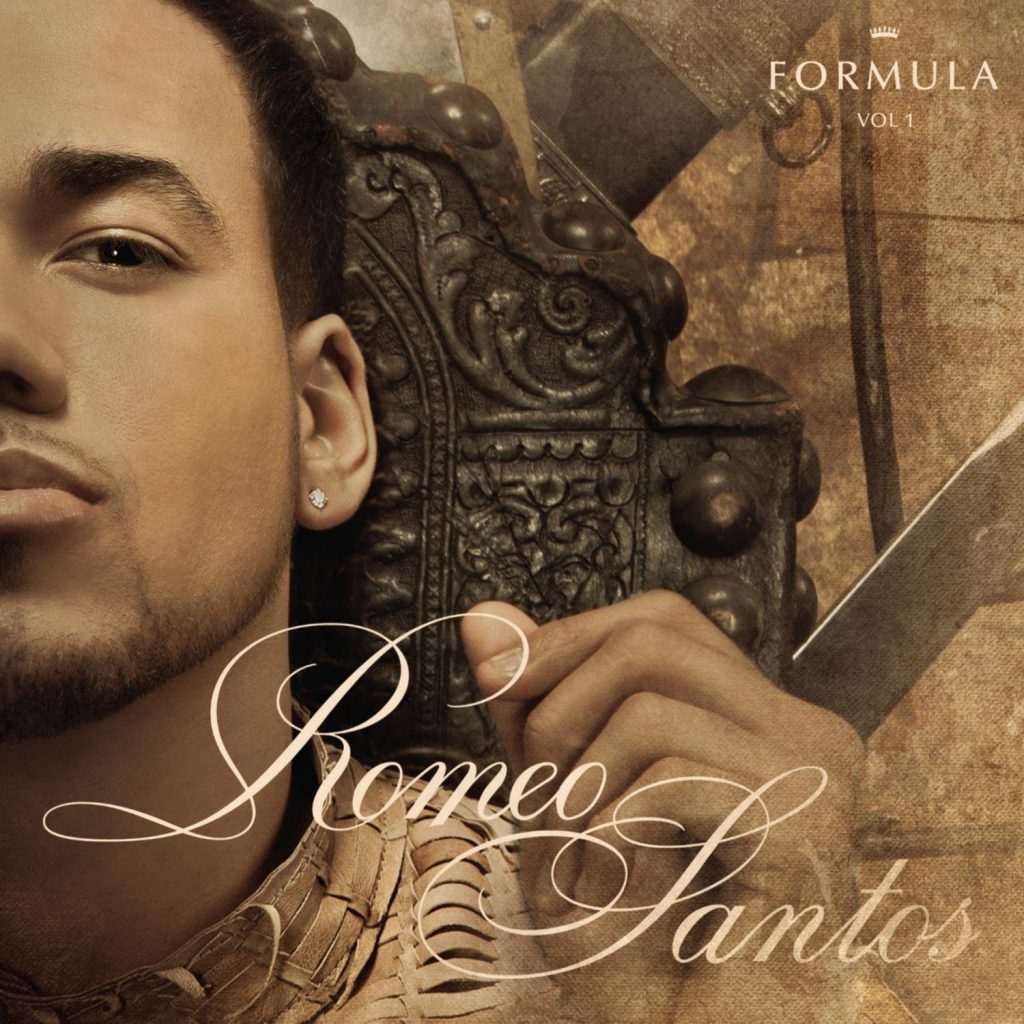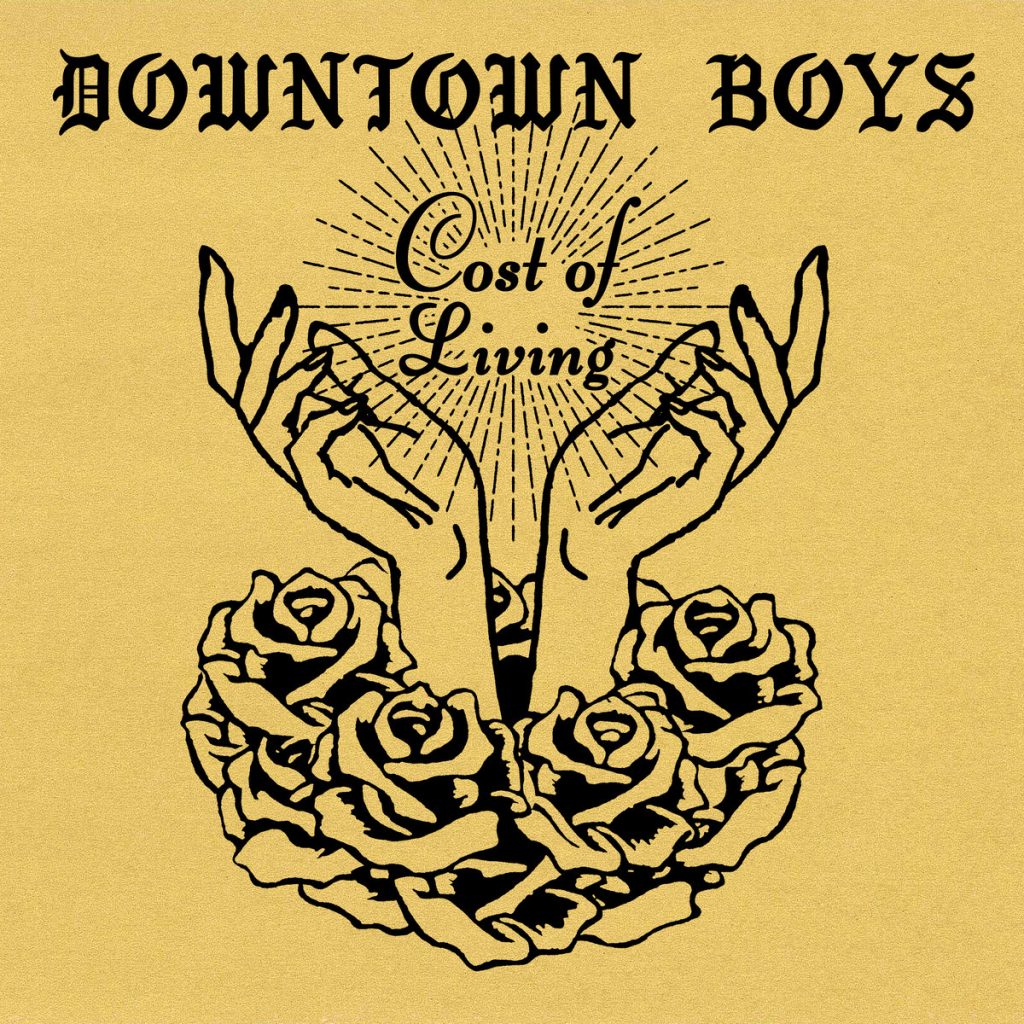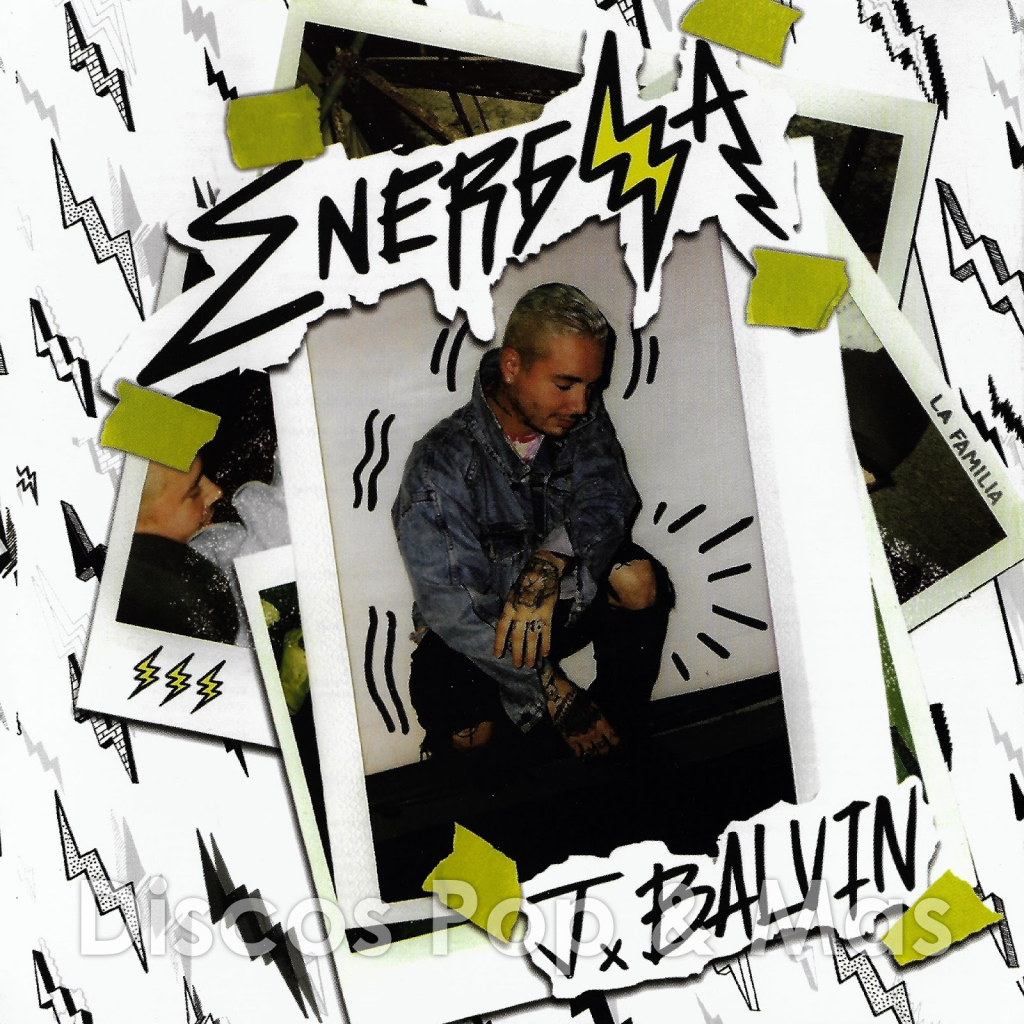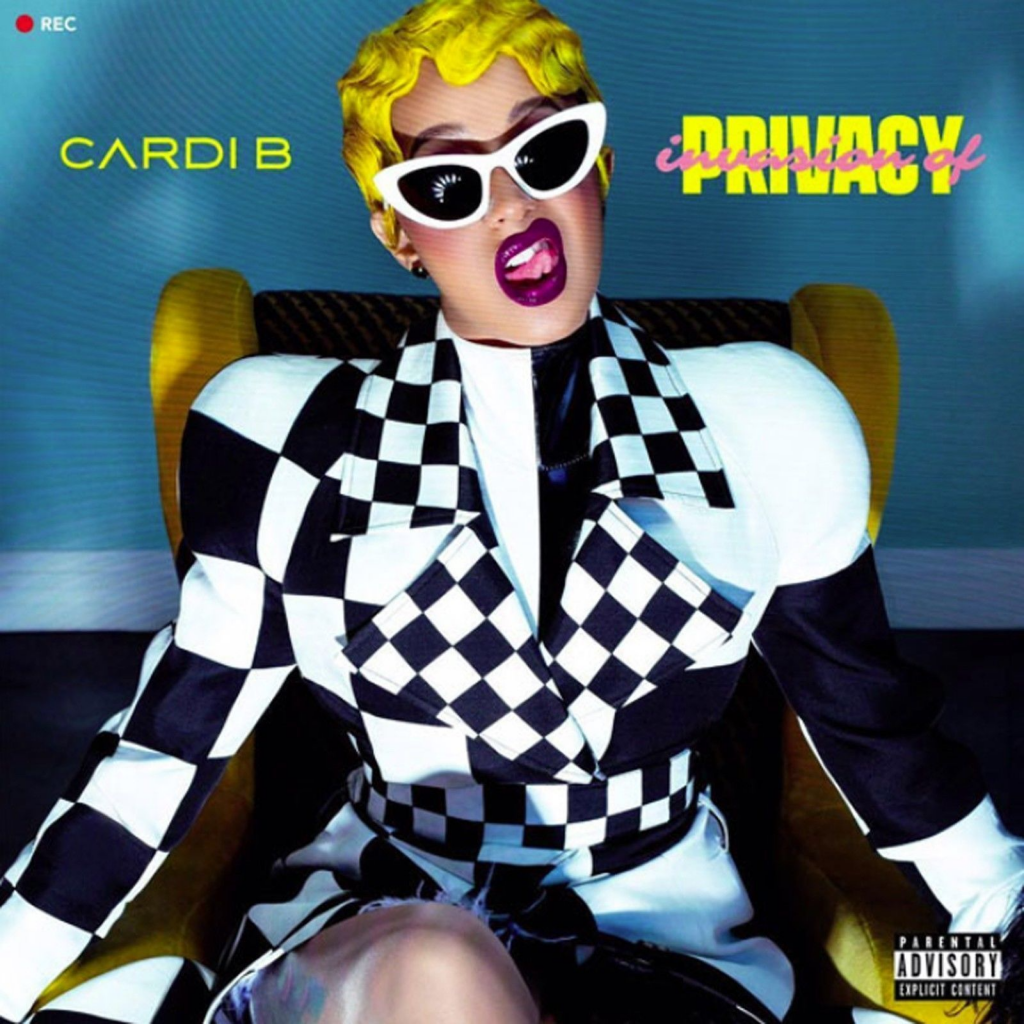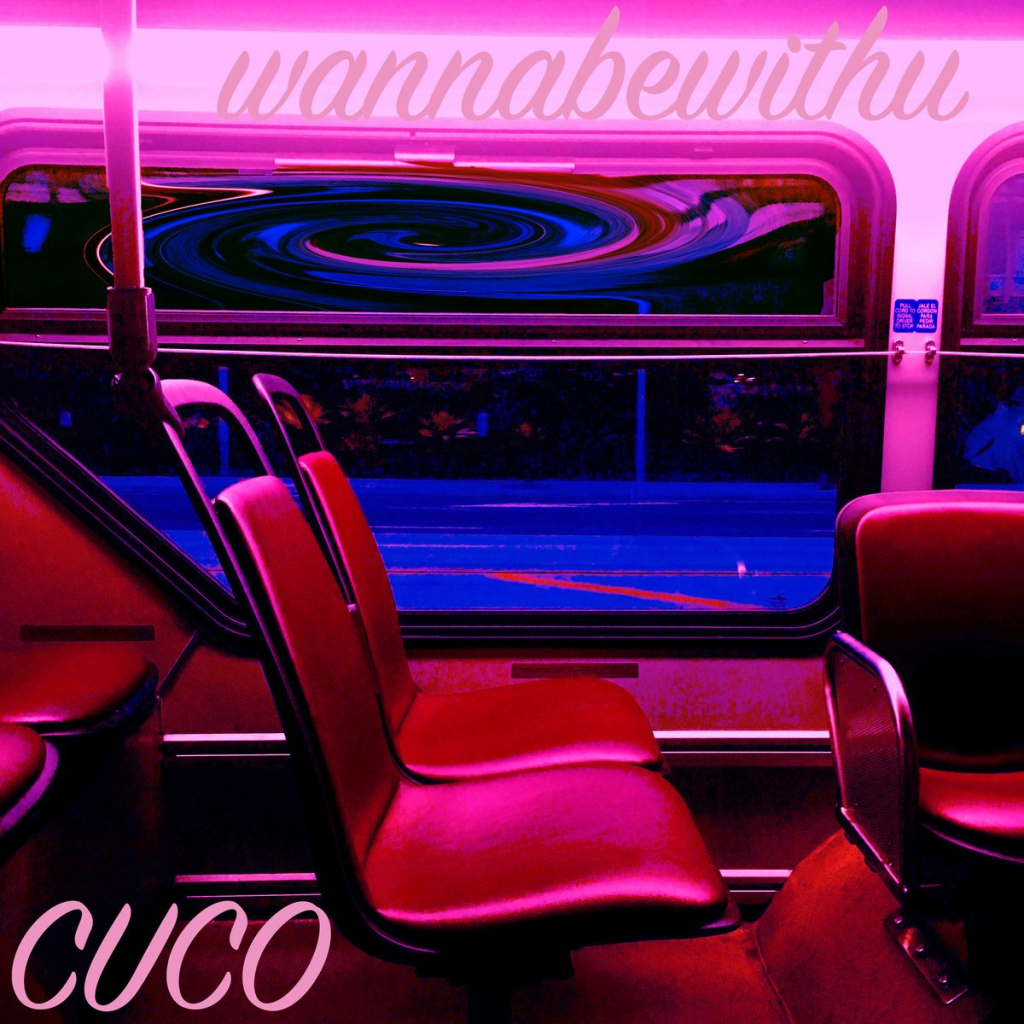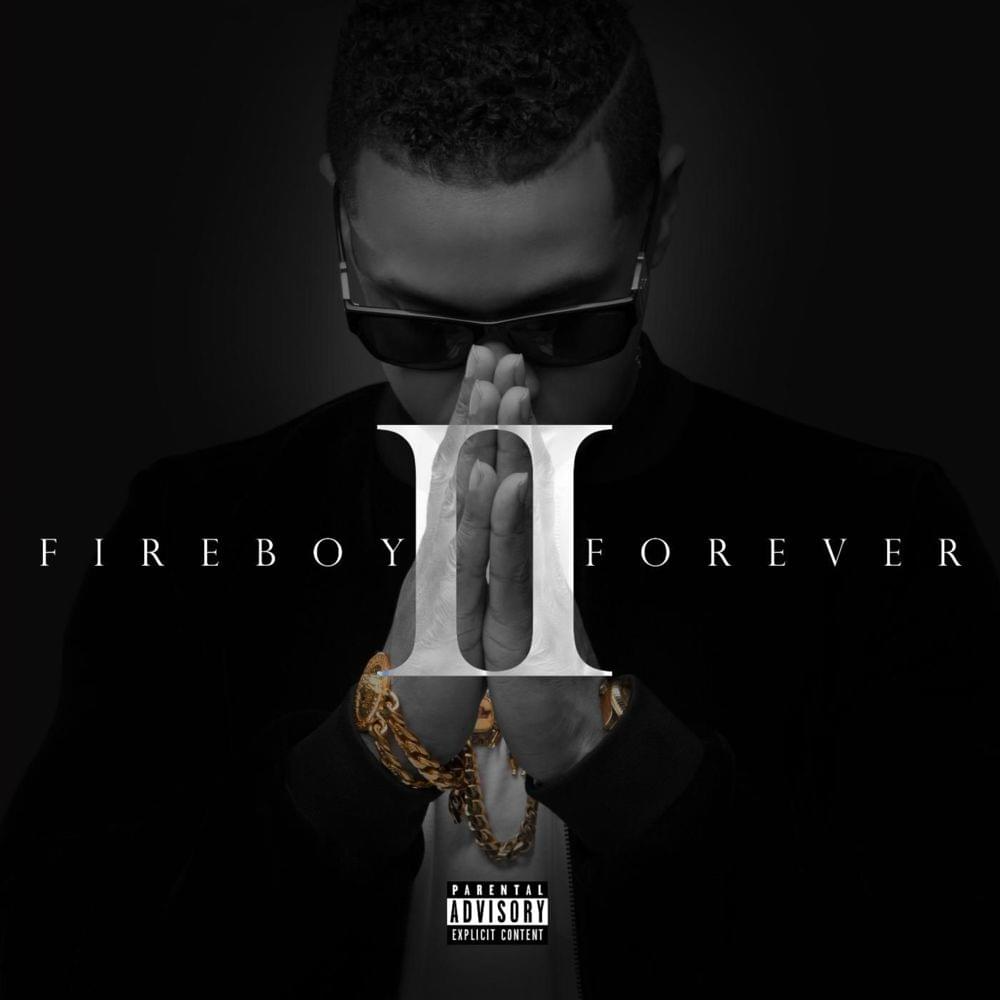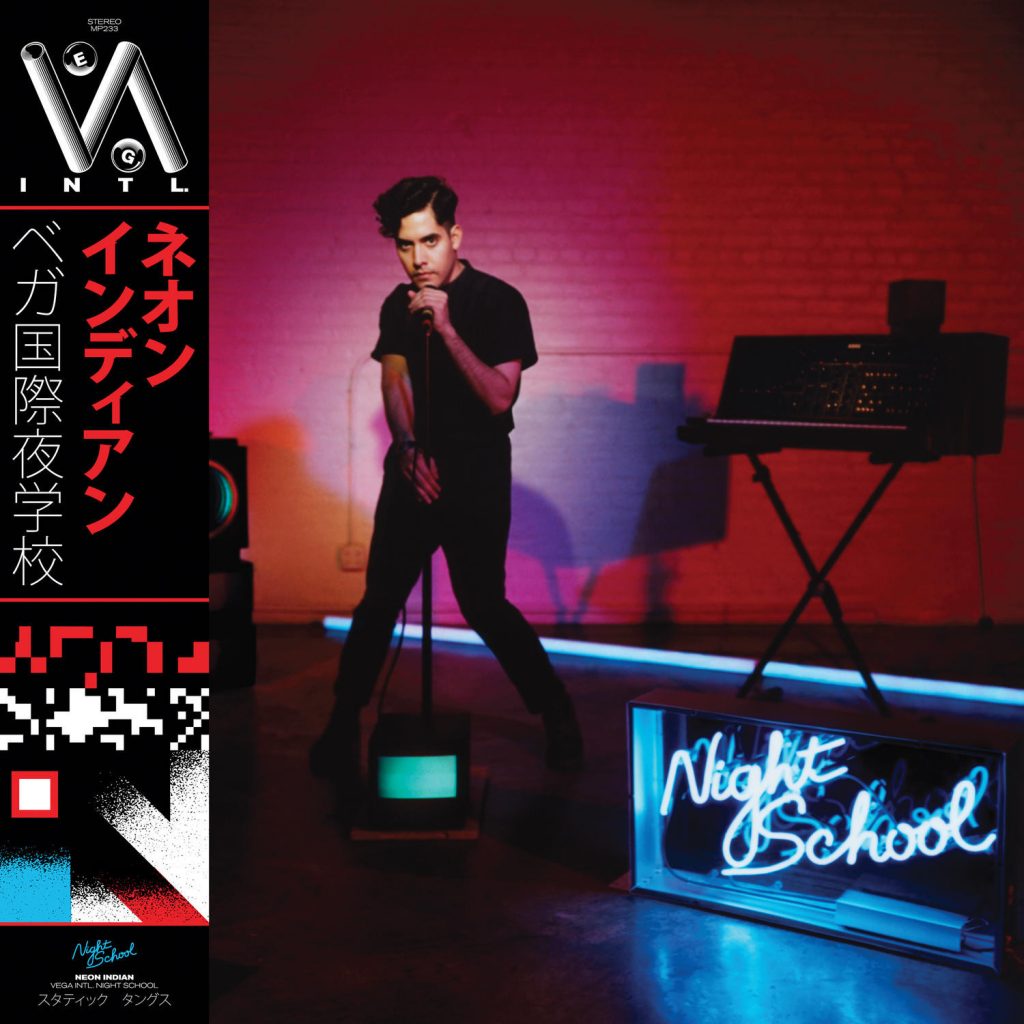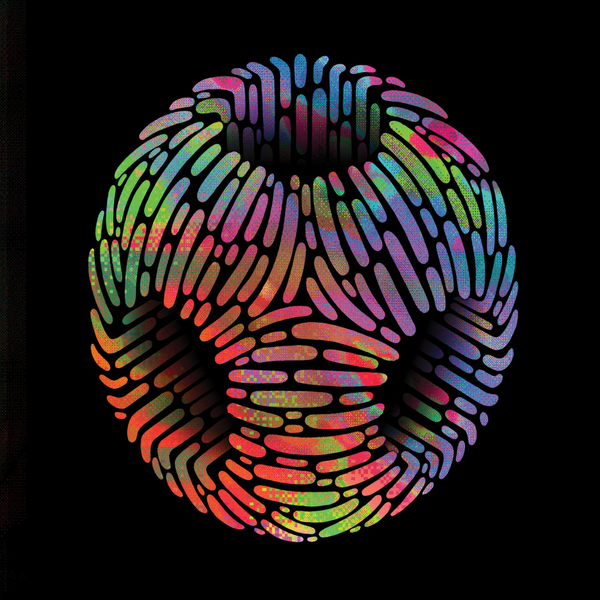1
'El Juidero' by Rita Indiana y Los Misterios

It’s impossible to guess how the annals of history will remember the 2010s, but looking back on the decade today, there is no denying it has been a period of convulsive transformation. Everywhere from politics to the global economy, the fabric of our society has experienced a chaotic and seemingly inevitable shift, and few artists captured (or foretold, really) this cultural evolution as expansively as Rita Indiana. All the way back in 2010, the reclusive Dominican author and recording artist unveiled El Juidero, a conceptual masterpiece that weaved roots music with DIY urgency; elegant poetry with razor-sharp Caribbean wit; and incisive historical criticism with relatable personal narratives. However, the record’s sonic and lyrical achievements are only half the equation. El Juidero is also, and perhaps most importantly, an astute and devastatingly compassionate deconstruction of identity — peeling back the layers behind queer womanhood (“Bajito a Selva”), companionship (“Flores de Fuego”) and spirituality (“Guarara”). Even Rita Indiana’s own resilient Dominican essence becomes subject to scrutiny – first from the perspective of a frustrated artist railing against the injustices that have long plagued her homeland (“El Juidero,” “Da Pa Lo Do”), and later as a once-displaced immigrant echoing a universal sense of diasporic longing (“La Hora de Volvé”).
Though released at the very beginning of the decade, El Juidero is as relevant today as the day it dropped – a staggering yet remarkably accessible ode to belonging. It’s unlikely that 2010’s Rita Indiana knew exactly what the future held, yet even so, her music continues inviting us to reexamine our place within history and society. Hers is a pearl of rare and valuable wisdom – so rare it comes but once a decade. -Richard Villegas


